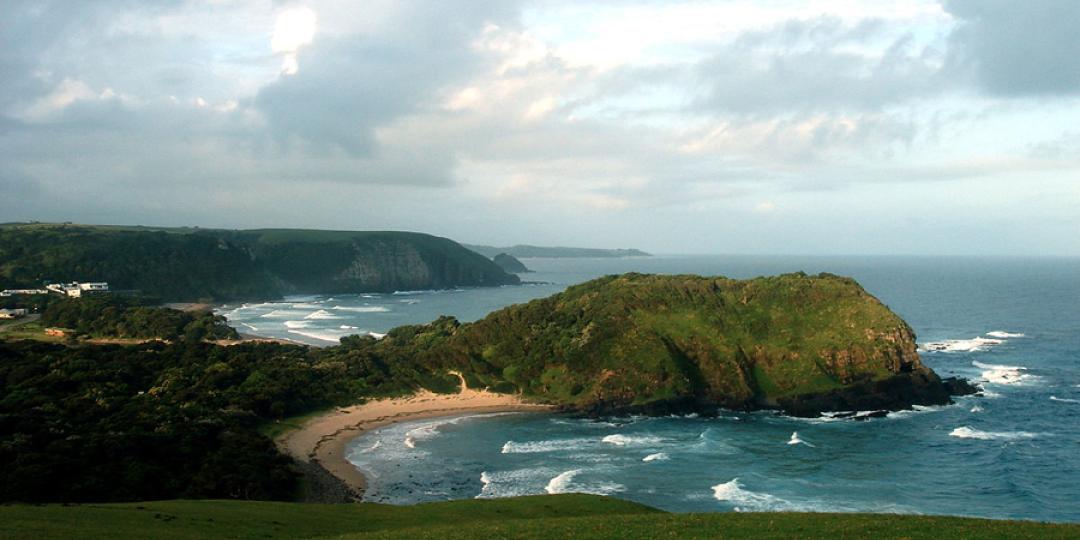After battling a prospective titanium mine for almost 20 years, it seems tourism in a community from South Africa’s Wild Coast is finally making a recovery – all while legal battles concerning the mine continue to play out in court.
The Wild Coast’s Xolobeni village in Pondoland, Eastern Cape, and its surrounds have been the site of a hotly disputed proposed titanium mine since 2002.
Several activists and stakeholders have been sued for R11 million (€675 000) for defamation by MRC in relation to their protests and statements about the company. Social worker John Clarke, who has been sued for R7.5m (€460 000) by the MRC, says ecotourism in particular was doing well in the Xolobeni region before discussions about mining the area began. According to a report by the South African Institute of International Affairs, the main business in the Mpondoland area prior to MRC’s operations was an ecotourism venture called AmaDiba Adventures, which operated between 2000 and 2004. Its eventual collapse was followed by an EU-commissioned financial report into the project, where accusations were made that members of the trust behind AmaDiba Adventures were purposefully making it appear a failure to promote the mining interests.
Sustaining the Wild Coast (SWC) is a non-governmental organisation dedicated to helping communities in the area protect their land, livelihoods and culture. SWC Deputy Chairperson Sinegugu Zukulu confirmed financial reports findings.
“The community was resistant from the beginning, and so MRC co-opted the directors of AmaDiba Adventures and slowly squeezed the life out of local tourism. Camps were broken into, some were burnt down, and the lodge was allowed to become run down,” he says.
Zukulu says that despite the ongoing legal battle with the Department of Mineral Resources, other government departments and organisations have “come to the party” to help the community breathe life into its tourism again. “There was no help [from government] for 10 years, and it’s only been since last year that we’ve seen increased support and visibility from government tourism divisions,” he says. “A lot is finally coming from government to help us due to the publicity of our fight against mining in the area.”
Zukulu named provincial structures like the Eastern Cape Parks and Tourism Agency as particularly helpful, as well as the national Department of Tourism. He says the SWC is working closely with the community, and some members have received tour guide training with the tourism department’s help.
“As much as [the Department of] mineral resources wants to go ahead and go to court, the tide is against them,” Zukulu says, adding that the tourism department’s decision to help revive Xolobeni’s tourism was a strong indicator of that. “[The mineral resources department] is not just going to give up though, because of the precedent the judgment sets.”























